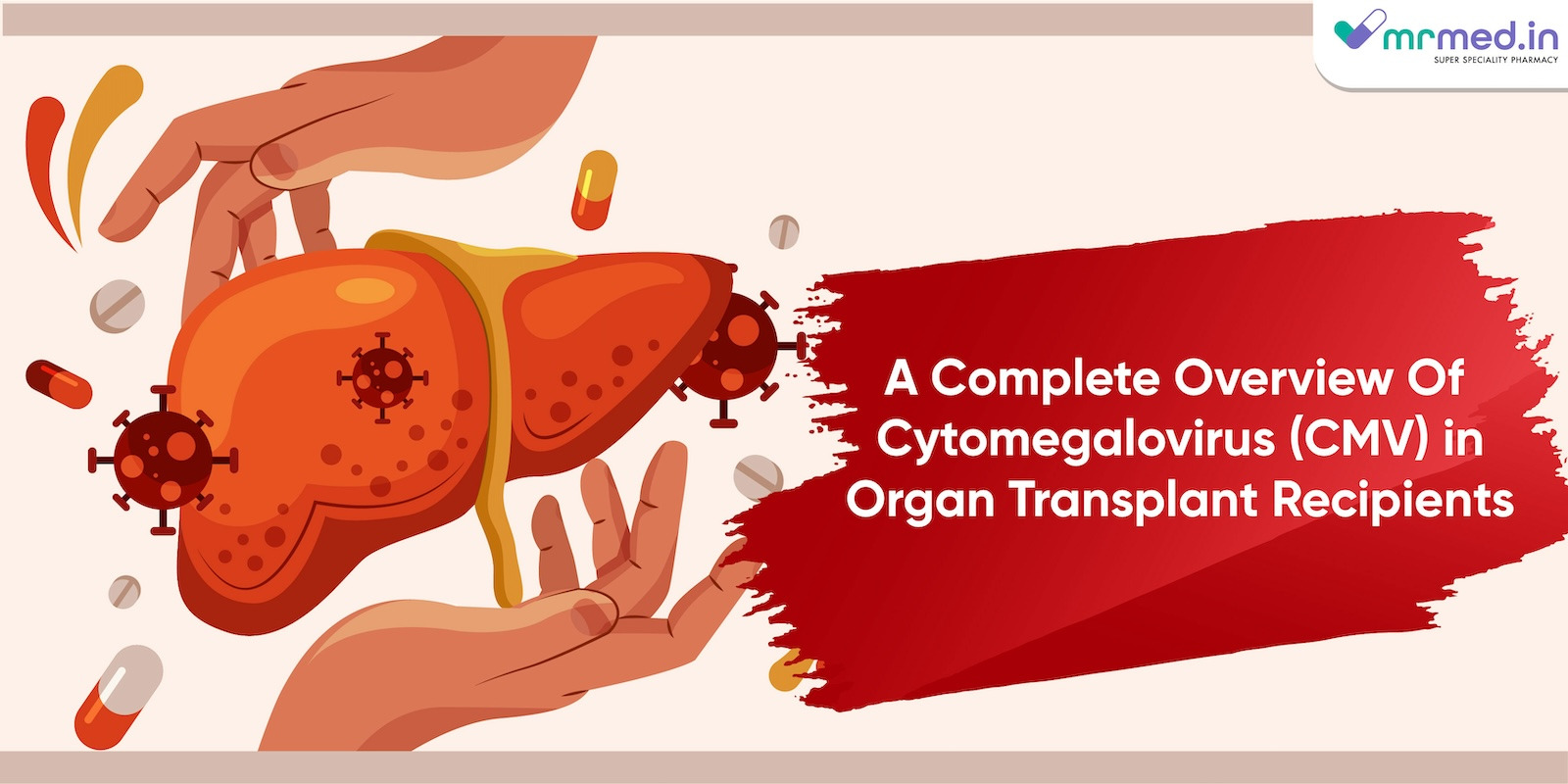Infections monitoring is obligatory for any successful transplant program because being a very complex procedure and because there may be a great many factors that increase the risk for recipients. Cytomegalovirus (CMV) which is one of the most prevalent, with a tendency to cause the most complications and ultimately being seen as the leading cause of these problems has been seen to be on the forefront. In this article special consideration is given to various problems of CMV for organ transplant recipients including preventive measures and treatments of this dangerous disease. The focus here becomes the influence that antiviral therapy has on the solution of the disease.
What is Cytomegalovirus?
Human Herpesvirus 5 (HHV5 also known as Cytomegalovirus---CMV-) is a very common herpes virus found in people of any age across the globe. CMV, in general, is not dangerous in people with good health conditions; nevertheless, it might be a reason for dire experience or serious complications for immunocompromised individuals, for example, organ donors. Post-transplant patients need to be kept in a vulnerable state by the use of immune system-suppressing medications that are minimalized to prevent the immune system from rejecting the organ transplant. It allows for the virus to go through the body more easily.
The impaired function of the immune system to fight infections forms the basis behind the risk for CMV after a transplant. The virus can lead to the syndrome, a condition with symptoms such as fever, leukopenia (reduced white blood cells), and thrombocytopenia (reduced platelets). Severe outcomes of the disease include graft loss, opportunistic infections, and even increased mortality.
What are the top 3 symptoms of CMV infection?
The symptoms of CMV can vary but typically include the following five:The symptoms of CMV can vary but typically include the following five:
- Prolonged Fever: A prominent indication of CMV in organ transplant patients would be a sustained pyrexia that proves difficult to subside and becomes evident as a symptom early on.
- Fatigue: Another frequent sign observed in CMV-related illness is fatigue that can greatly influence the quality of life and aid the recovery process of patients receiving a transplant.
- Severe Cases: In the most severe cases, CMV can cause disease states such as hepatitis (inflammation of the liver), pneumonitis (inflammation in the lungs) and gastrointestinal disease, that can become life-threatening and need to be treated with immediacy.
How to detect a CMV infection?
CMV is commonly diagnosed through polymerase chain reaction (PCR) tests, which are used to research the DNA in blood samples. Here is a detailed overview:
- Diagnosis Method: The primary diagnostic tool for CMV is the polymerase chain reaction (PCR) test. These tests are highly sensitive and may discriminate from nearly undetectable CMV DNA in blood samples, which is a great diagnostic tool.
- Regular Monitoring: When an organ recipient is highly dependent on a transplanted organ, the monitoring itself is of life-giving necessity. Regular PCR testing allows healthcare providers to see the relationship between the virus' presence and its severity by revealing the risk of disease development.
- Prompt Treatment: Prompt treatment is the best solution for CMV if it proved to be present. Treatment of the patients that begin early would reduce the amount of viruses in their bodies, relieve or subside their symptoms and help to ensure that they would not have some other diseases caused by the virus.
- Prevention of Complications: Through thorough monitoring and prompt care, the progression of CMV is averted which is critical because without treatment, it can cause severe complications in immunocompromised patients like rejection of the transplanted organ or other life-threatening conditions.
Best way to treat CMV
The treatment of CMV includes antiviral medicines that help reduce the viral load and mitigate symptoms. One such antiviral is Valacyclovir, which is marketed under various brand names, including Valcivir 1000mg Tablet. It contains the active ingredient Valacyclovir, and plays a supportive role in the management of CMV in organ transplant recipients. While not the primary medication for CMV, it is often used for the prevention of viral replication in cases where a less aggressive approach is warranted. It's important to note that the use of Valacyclovir must be under strict medical supervision to adjust dosages and monitor side effects effectively.




